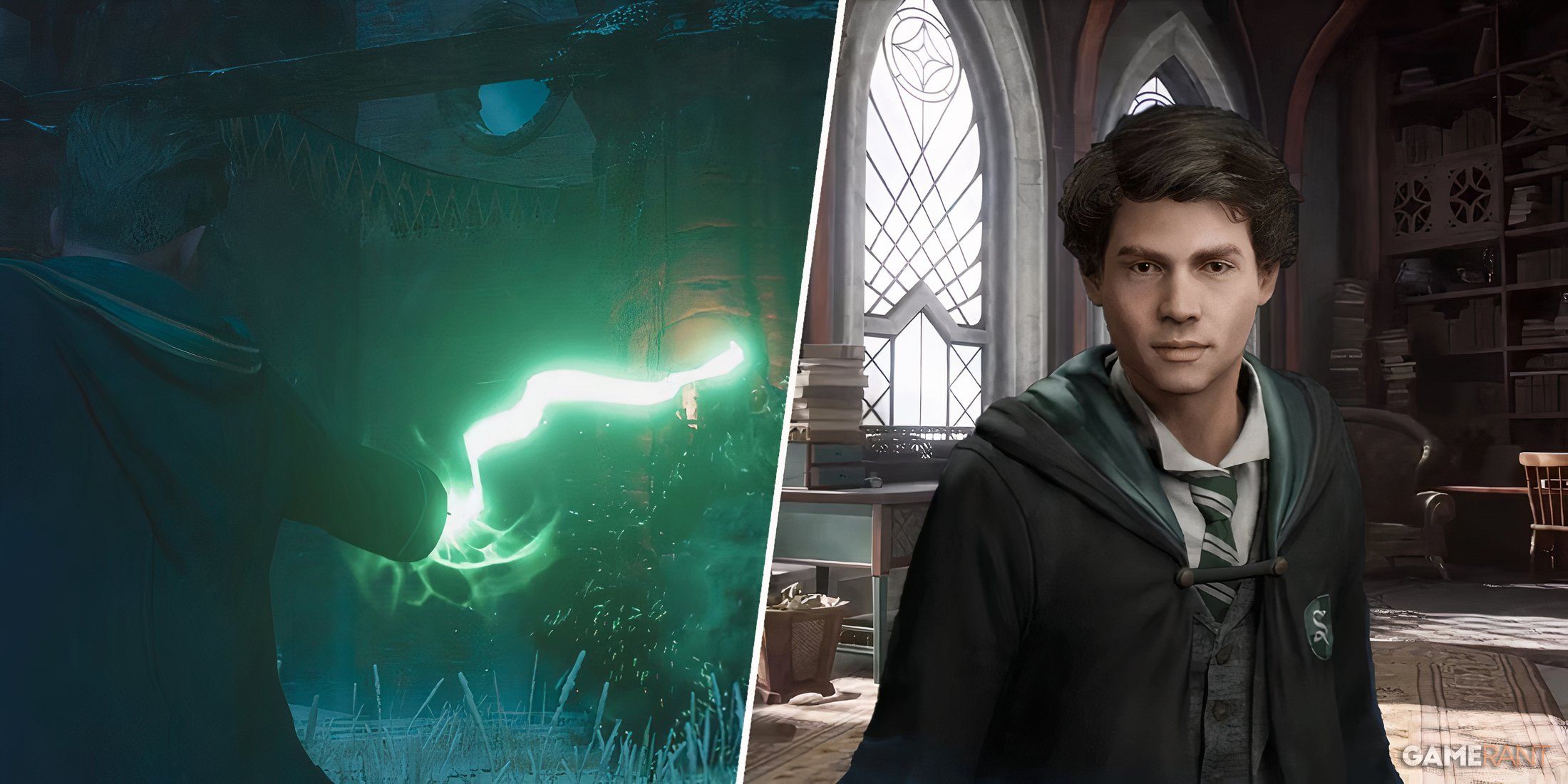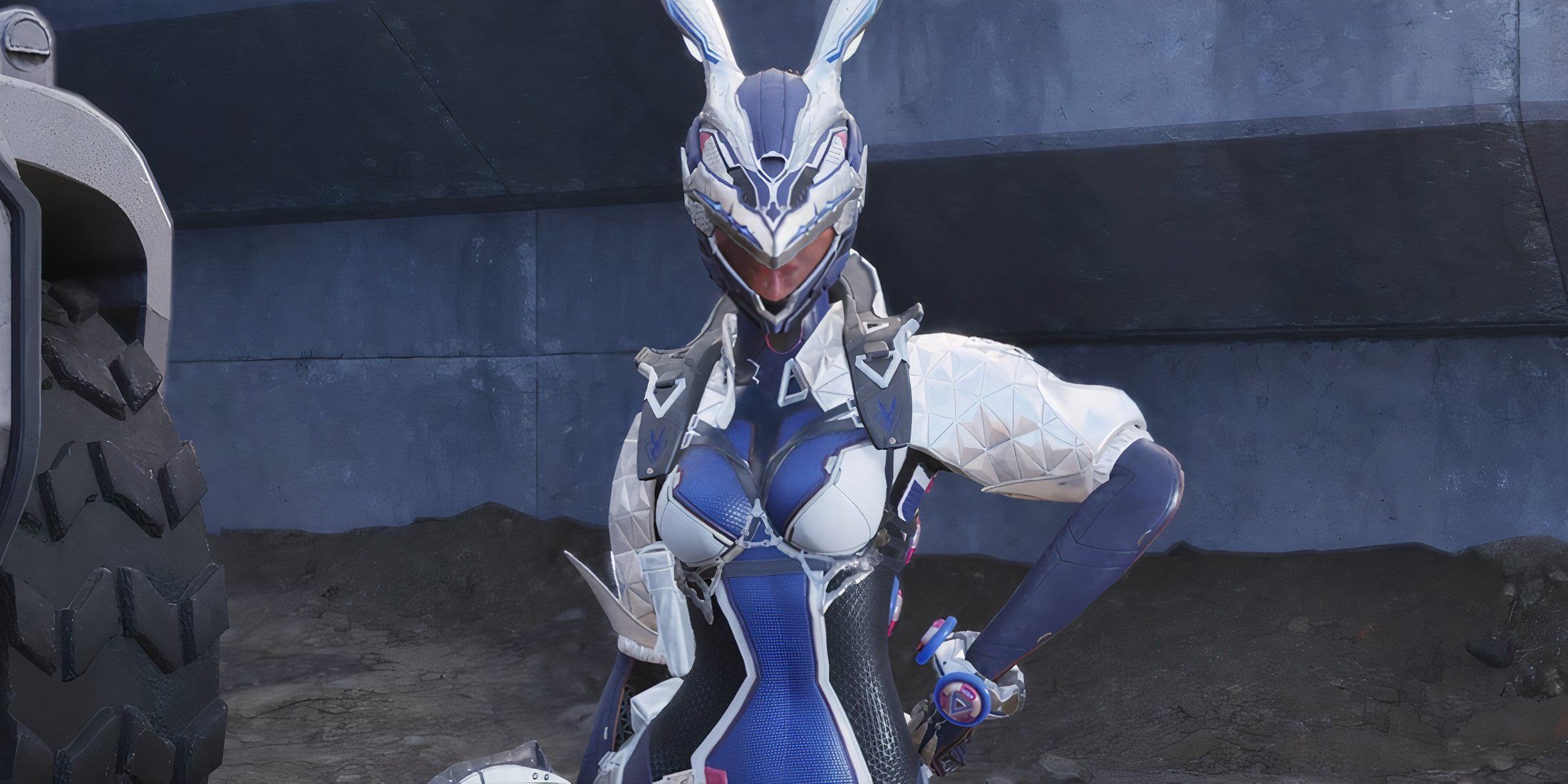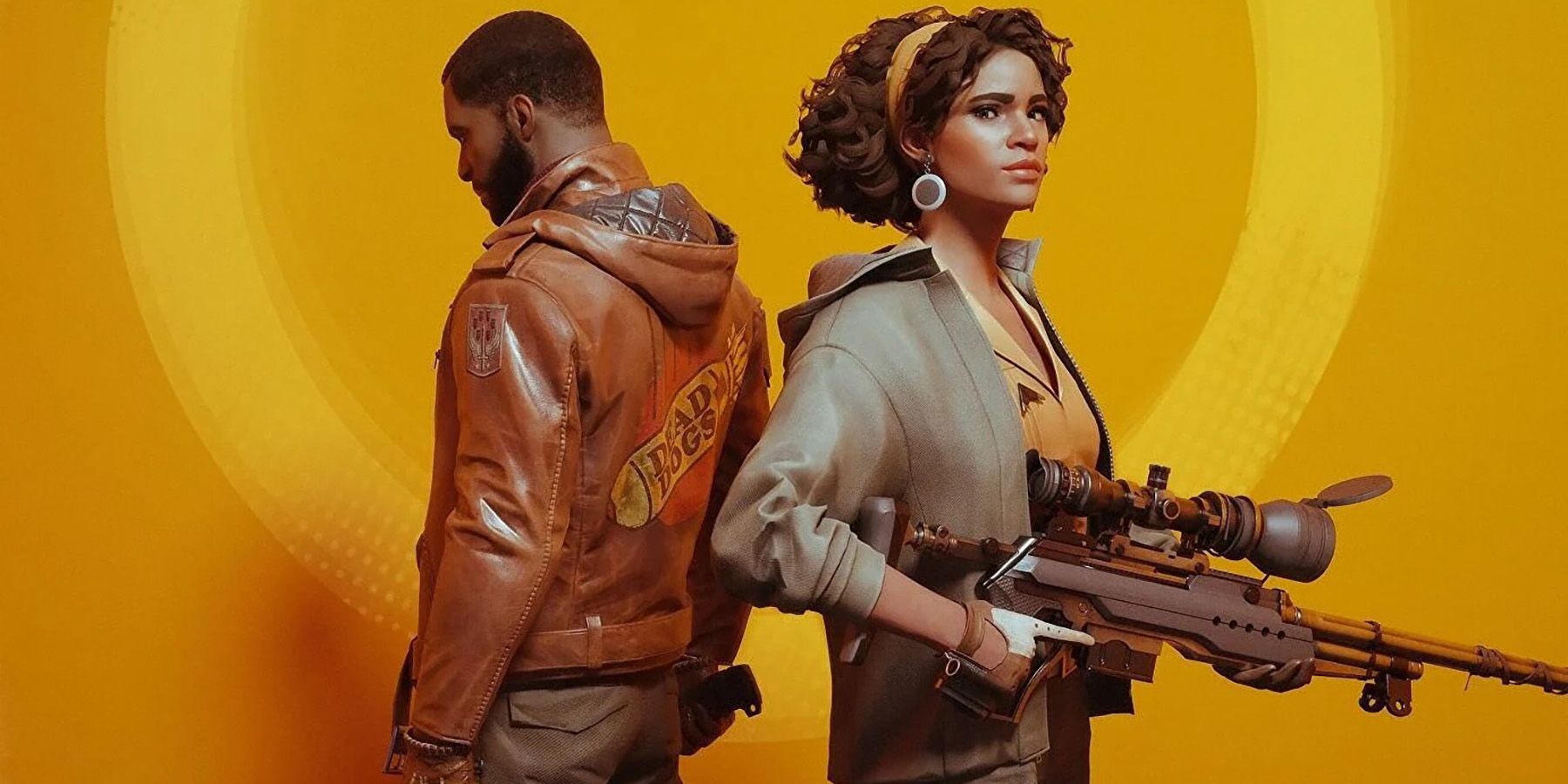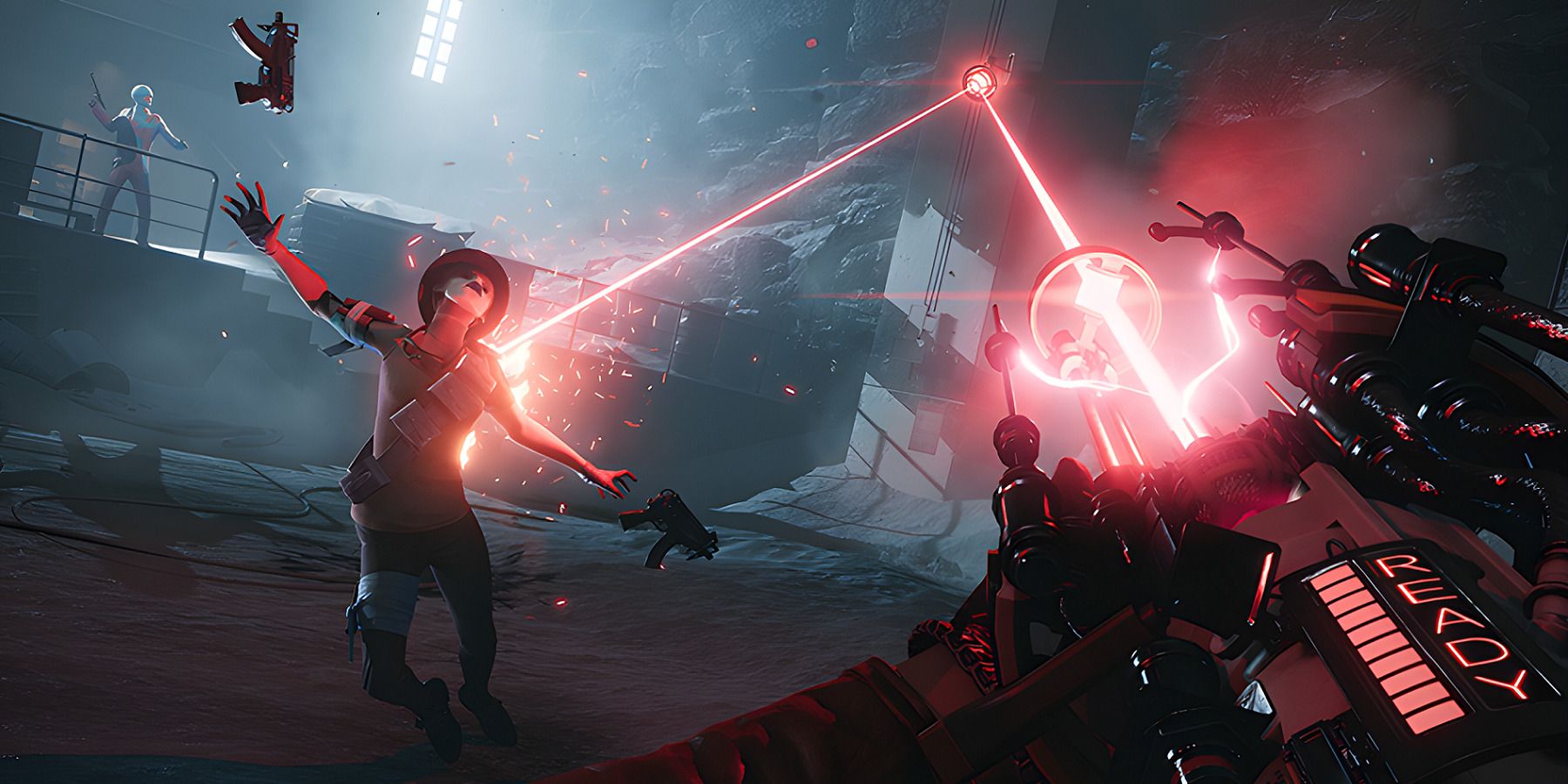Arkane Studios, the developer of 2021's Deathloop, has made much of its reputation by combining immersive game worlds with first-person action. Often associated with the immersive sim genre, its games are sometimes difficult to market to mainstream audiences due to their complexity and focus on deep storytelling over raw spectacle. Yet in some ways, Deathloop was a breakout success, being one of Arkane's first titles to truly capture responsive, action-oriented gunplay. It's clear that the formula was appreciated by gamers and critics alike, and if there is any future project that is deserving of the studio's immediate attention, it's Deathloop 2.
As Arkane prepares to launch its upcoming Xbox exclusive Redfall next month, there is a question of whether there are any plans for sequels to older Arkane titles. Redfall, for all intents and purposes, is a new IP that needs to stand on its own despite any similarities it might share with previous releases. On the other hand, a follow-up to Deathloop could serve as a direct continuation of legacy properties established over the years. A possible Deathloop 2 has a lot of potential in taking its immersive sim twists further, refining the original Deathloop's open-ended gameplay as well as its seemingly never-ending sandbox.
Deathloop 2 Could Refine the Original's Time Loop Gameplay
In Deathloop, gamers were rewarded for planning flawless assassination routes on a dynamic island where time is stuck in a loop. Having only one full day to take down all of Blackreef's targets, Arkane introduced fans to a new type of immersive sim where reloading saves was no longer a part of the equation. Since that day would repeat until players got to the endgame, failure was not punished in the same way as in past games. Upon dying, or if the day was over, the cycle repeated until players progressed to the point where they felt comfortable using all of Deathloop's super-powered slab combos.
Unlike other immersive sims, Deathloop primarily applies choice and consequence to drive combat encounters in different directions temporarily. This design choice gives gamers greater flexibility in moment-to-moment gameplay, even if it does sacrifice some of the grander narrative decisions seen in games like Dishonored. Still, this dynamic is not without its problems. With a Deathloop sequel possibly in development, this could give Arkane the chance to improve upon several of the rougher elements of the first entry - more specifically, the enemy AI.
For a game that was mostly centered on dynamic combat, enemies were not always reactive to the player's actions. To some, Deathloop was a bit lacking in challenge, and Deathloop 2 may prove that Arkane can still combine accessible yet immersive systems with real difficulty for experienced players. Instead of reinventing itself entirely, a sequel can promote the genre's tenets of experimentation by showcasing clever NPC behaviors that push players to adapt more frequently. Deathloop is also tied to Dishonored's story, which is another hook that could please longtime fans of Arkane's original, alt-history-inspired universe.
Continuing the legacy of Dishonored on new-gen systems might be the next, most exciting prospect for Arkane Studios, and Deathloop 2 is probably its best candidate for doing so. Already, the impact of Dishonored: Death of the Outsider on Deathloop has been felt, as the supernatural forces that empower players in these games are shared as well. The mix of exploration, magic, and takedowns make Arkane games a deeper experience than the average first-person action game, and with an engaging time loop setup, Deathloop 2 seems like the best choice moving its game design forward for a broader, though equally dedicated playerbase.
Deathloop is out now on PC, PlayStation 5, and Xbox Series X/S.





